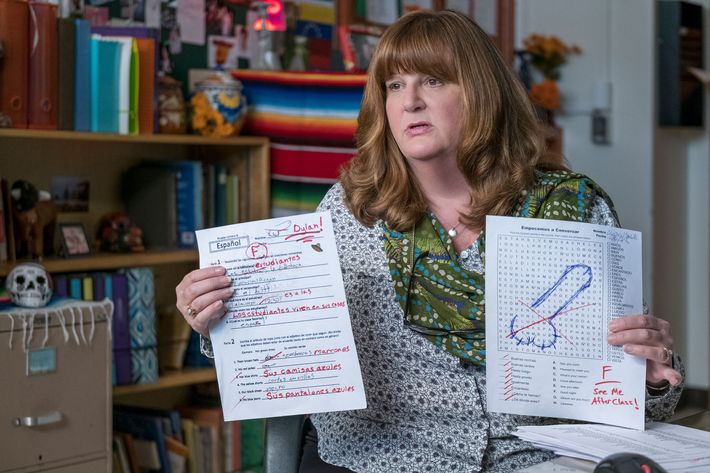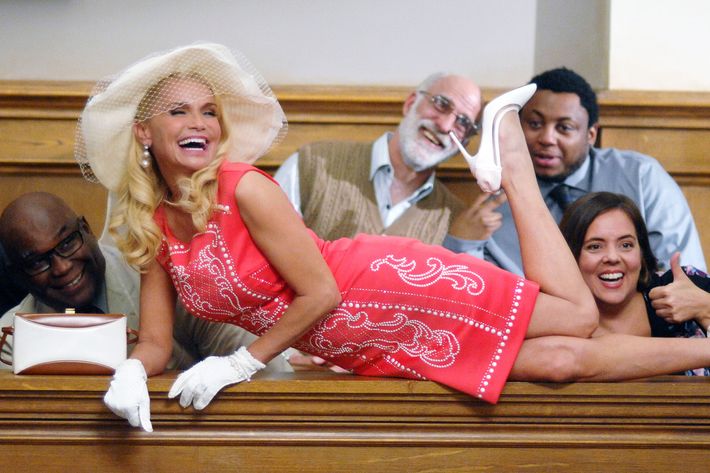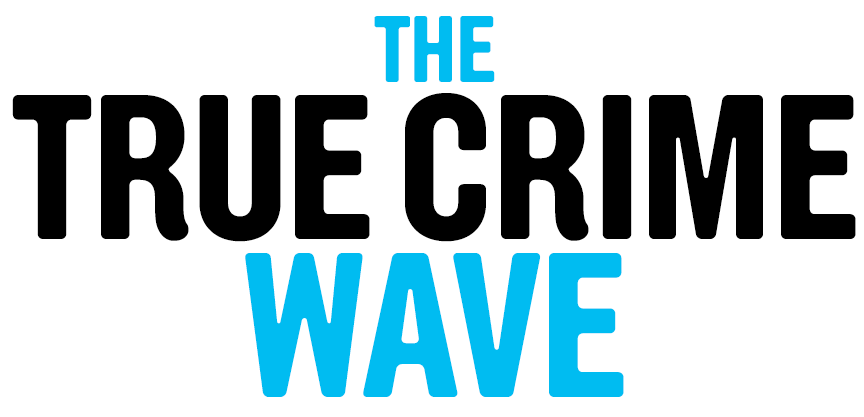
All week long, Vulture is exploring the many ways true crime has become one of the most dominant genres in popular culture.
As true crime has become a pop-culture force of its own, the genre has sparked a counterwave that might be even better: the swelling ranks of the true-crime parody. True crime is a perfect parody target. It has a bunch of easily mimicked and easily recognizable tropes, it’s almost unbearably self-serious, and perhaps most importantly, the parody can swing in any direction — you can attack the genre’s troubling exploitation, you can puncture all the stylistic tropes, you can focus on the hubris of the amateur investigator, and on and on. Here are the eight best true-crime parodies that lovingly (or not so lovingly) skewer the genre, including TV series, podcasts, and several fun one-offs.
American Vandal

The Peabody Award–winning biggest name of the bunch, American Vandal deserves all the plaudits it’s received. Its first season is the story of two teenage documentary filmmakers investigating who drew dicks all over the cars in their school’s faculty parking lot, and if you haven’t seen it, please stop everything and put it on right now. (It’s streaming on Netflix.) American Vandal is both a pitch-perfect send-up of the humorless true-crime tone, and a devastating takedown of the genre’s most exploitative impulses. Like many of these parodies, it also curls back in on itself, including meta-narrative true-crime texts so that fan interest in the investigation becomes part of the story.
Trial & Error

Where American Vandal is a carefully goofy satire that never winks to let you know it’s in on the joke, NBC’s Trial & Error is a true-crime parody that’s winking harder than Lucille Bluth after four martinis. It’s loosely built as an anthology series, with each season tackling a different murder case. The first season, starring John Lithgow, is generally inspired by the genre-defining series The Staircase. The second season features Kristin Chenoweth in an instantly iconic role as accused murderess Lavinia Peck-Foster. Although Trial & Error takes on many true-crime tropes — and it’s great — it’s not a straight-up parody. It’s really a true-crime farce, or maybe a romp.
A Very Fatal Murder
The Onion’s podcast A Very Fatal Murder comes for all the tropes of the true-crime podcast. The overly involved investigator, the dead white woman, the strange small town, the obviously biased theory of the crime, even the way the podcast interrupts horrible details of a gruesome crime to give you advertisements — it’s all here. In an early episode, the narrator asks the victim’s weeping mother to read ad copy for the show, and she sobs while reading aloud a promo code for Box Box, a subscription system to send you boxes. It’s a very pointed sort of satire, but funny and accurate enough that it doesn’t scold more than it mocks.
Done Disappeared
In the showdown between true-crime parody podcasts, A Very Fatal Murder leans more toward a satire of true crime broadly, and Done Disappeared veers in the direction of making fun of all amateur podcasting. In it, host John David Booter attempts to lay out the story of a missing woman named Clara Pockets, but spends most of his time describing his recent breakup and his concern that other podcasters are angling in on his territory. It plays with all the standard tropes, but Done Disappeared is most interested in pointing out the absurd tragedy of the podcaster who spends all his time thinking about a terrifying crime while ignoring the mess of his own life.
Portlandia’s “NPR podcast” sketch
A parody of an NPR-like true-crime podcast is right in Portlandia’s wheelhouse, and although the sketch itself doesn’t really skewer the bigger concerns with true crime, it’s an incredibly accurate joke about a very specific subset of the genre. Two podcasters show up at a police station, recording and commenting on a murder investigation in real time, but the sketch is more about their presence than about any particular detail of the crime itself. It’s a pitch-perfect commentary on the way a true-crime podcast sounds: The language is slow and imagistic and condescending, and behind it all, there’s a banjo and a violin plucking a vaguely dissonant theme meant to evoke both folk music and a film score.
“The Husband Did It” (The Break With Michelle Wolf)
A segment from a recent episode of Netflix’s weekly comedy show, “The Husband Did It” is another parody mostly inspired by The Staircase. The general premise is like most Staircase parodies and responses: It’s overwhelmingly obvious that the husband did it, and yet we have to watch many episodes that ask the question “… but what if he didn’t?” “The Husband Did It” is a direct, clean rundown of the most egregious true-crime tropes, from the wide-ranging talking-head interviews to the inevitably biased prosecutor. One highlight you don’t see much in these parodies: the interviewee character who’s obviously there to promote herself, rather than provide insight on the victim.
“The Eye Doesn’t Lie” (Documentary Now!)
Documentary Now! is an episodic series with each episode satirizing a different set of documentary tropes, and it’s worth checking out the whole series, which you can find on Netflix. (“Juan Likes Rice and Chicken” is a classic.) The true-crime entry is “The Eye Doesn’t Lie,” and like the best true-crime parodies, it demonstrates a real fondness for its subject while also skewering the genre mercilessly. The episode’s primary influence is The Thin Blue Line, especially in the shots of the tape deck and the narrative of overwhelming police indifference. Fred Armisen plays a hapless accused murder who absolutely, unquestionably, did not do the crime — but he’s so universally loathed by everyone that no one can bring themselves to care much about his innocence.
“Party Monster: Scratching the Surface” (Unbreakable Kimmy Schmidt)
In season four, Kimmy Schmidt briefly steps away from the story of Kimmy’s reacclimation to the world with an episode-long true-crime parody about the none-too-bright DJ Fingablast and his childhood hero DJ Slizzard. It begins as more of a Finding Richard Simmons joke, with Fingablast searching for the only man who could possibly DJ his wedding. He eventually realizes that Slizzard is actually Reverend Richard Wayne Gary Wayne (Jon Hamm), the man in prison for kidnapping women and holding them in a bunker. “Party Monster” quickly twists into a true-crime parody as Fingablast tries to get the Reverend’s case reopened, at the Reverend’s own request. “Adnan, Serial? Staircase guy? Dr. Richard Kimble? They all had their cases reopened because of a supersmart documentary that didn’t leave anything out,” Wayne tells Fingablast. The episode is canny examination of the way documentaries become tools of manipulation, and how changing the perspective of a story can turn the whole narrative inside out.



